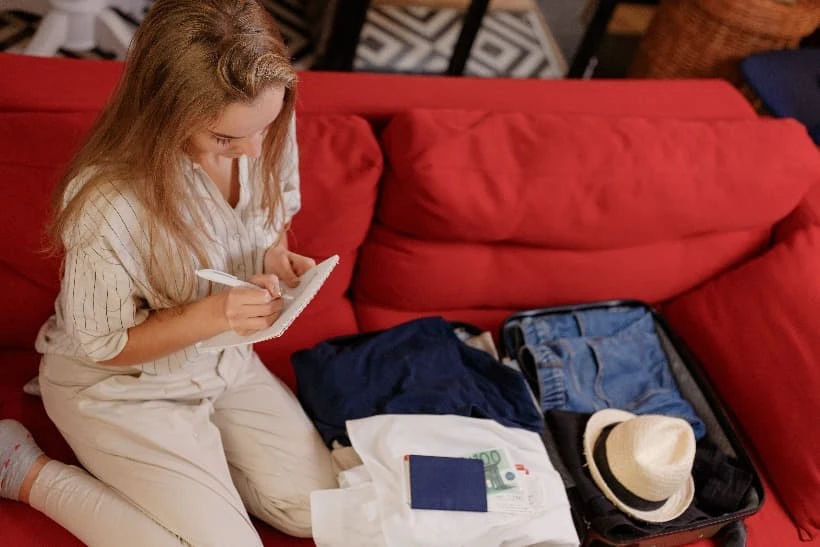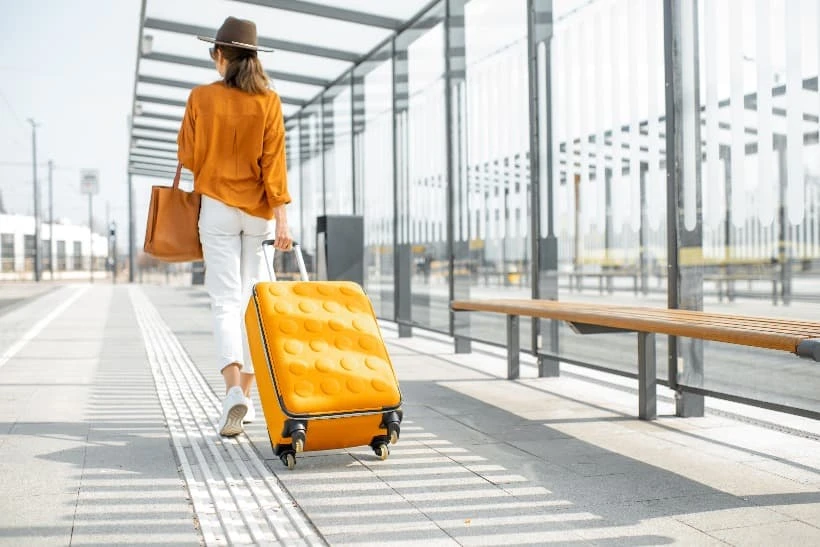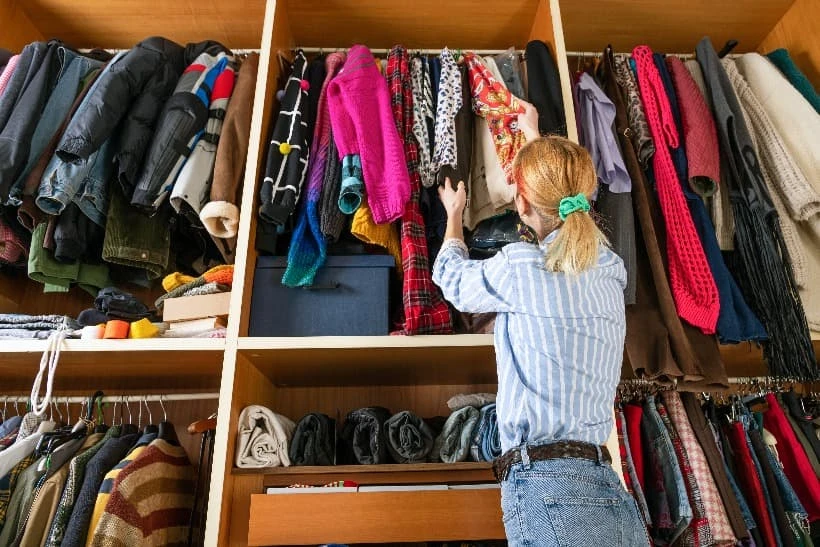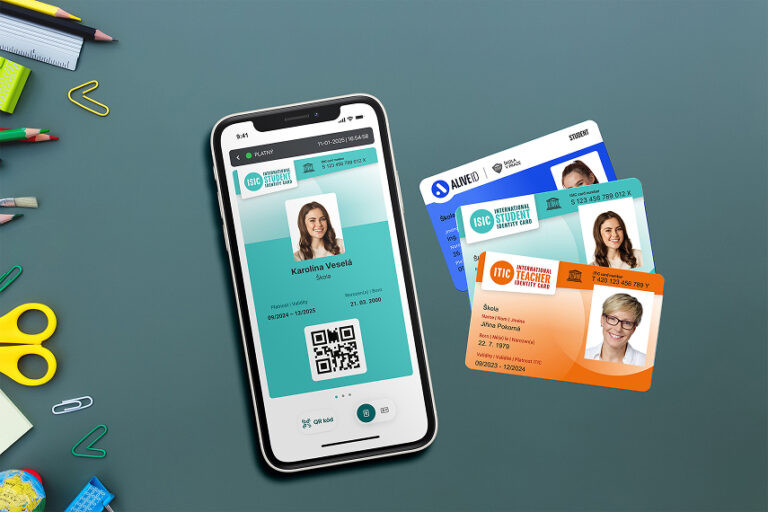You did it, you’re going to study abroad! Do you already know what to pack for six months to survive in a foreign country? And what to leave at home? We’ve put together practical tips you’ll appreciate when packing.
How to pack your life into a suitcase? You need a plan!
Six months is a long time, but that doesn’t mean you need 26 times more stuff than for a week’s vacation. We’ve put together some tips to help you decide what to definitely bring, what you can do without, and what’s better to buy on-site or have sent to you. Start keeping a list some time before you leave, adding anything you think you might need. Begin packing about three days before departure, and it’s helpful to lay everything out on a table or couch where you can clearly see it all.

1. Find out details about the place where you’re going for Erasmus.
It’s definitely worth knowing in advance what the usual weather is like in the country—not just when you arrive, but throughout the semester. Also, check what facilities your accommodation offers; often things like bed linen or towels are missing. Make sure to verify internet availability, as it’s not uncommon for students to bring their own router. Partner schools often provide recommendations for incoming students, or you can look for advice in Erasmus groups on Facebook.
2. Luggage that won’t weigh you down
Choose luggage you can comfortably carry on your own for extended periods. Keep in mind you might need to move during your stay. If flying, you’ll likely have a large checked suitcase or backpack plus a smaller carry-on. Check your airline’s weight and size limits—usually around 30 kg for checked luggage. Your bags should be sturdy and reliable. Also pack a small daypack, purse, or foldable shopping bag for daily use or trips. A compact luggage scale can be handy to avoid overweight fees both ways.

3. Documents and papers, better twice
Passport, ID card, possibly a visa, insurance documents, and other papers should have a special place in the inner pocket of your carry-on luggage, which you keep with you at all times. It’s also good to have separate copies of all important documents or to have them in digital form on a secured device. Don’t forget your ISIC card at home either, because with it you can also use ISIC discounts abroad.
Extra tip! ISIC travel insurance specifically for Erasmus
Before every trip abroad, you need to arrange travel insurance, and this applies of course to study stays as well. Therefore, we must recommend the ISIC annual travel insurance with long-term trips, which we prepared together with UNIQA insurance specifically for students going to study in Europe and worldwide. Besides medical expenses, it also covers liability for damages, loss of luggage and documents, insurance for hazardous sports, and more.
4. Clothing – less is sometimes more
Just like at home, you’ll want to look and feel good in a different country too. A good tip for Erasmus packing is to bring mostly clothes that mix and match well, so you can create as many outfits as possible from a few pieces. Don’t overpack; you’ll need to do laundry there anyway. Usually, 5–7 tops, 3–4 pairs of pants or skirts, 2–3 hoodies or sweaters, a jacket, swimwear, and enough clean underwear for at least a week are enough. It’s also useful to have one or two formal outfits for exams, cultural events, or parties. Don’t forget comfortable and warmer clothes for home and sleeping, as well as sportswear and shoes. Bring the most comfortable walking shoes and don’t forget indoor slippers. Pack higher-quality items—things like socks or tank tops are easy to buy locally.
If you’re going somewhere with expected harsh winter, consider either having bulky winter clothes shipped to you or packing them when you visit home for the holidays. You can also pack fluffy warm clothes in vacuum bags to save space.

5. Better to pack your own medication.
It’s better to bring your own medication for common illnesses and especially prescription drugs in sufficient quantities, rather than trying to find unfamiliar products on site. A mosquito repellent and a reliable sunscreen can also come in handy. On the other hand, if you’re short on space in your suitcase, you don’t need to bring hygiene products, as you can easily buy them in cities. However, you don’t have to give up your favorite cream, perfume, or makeup—they don’t take up much space and will help you feel good.
6. Electronics packed for travel
You’ll probably take at least your phone, laptop, and headphones with you to Erasmus. It’s also handy to have a spare charger, and a power bank is a great helper. Leave your favorite books at home—you can carry an entire library on an e-book reader. If you don’t rely on cloud storage, bring enough memory cards or an external hard drive. Pack your electronics well in protective cases and carry them in your hand luggage. Remember to check the internet connection options at your accommodation and consider arranging a router with your operator if needed.
7. Bring some Czech treats, they’ll impress foreigners!
Just like you’re tempted by exotic treats, you can impress foreigners on Erasmus with Czech goodies. If you have space left in your suitcase, bring some typical Czech snacks to help break the ice. Maybe skip the strong-smelling Olomouc cheese, but one might enjoy studentská pečeť, spa wafers, kofila, fidorka wafers, or czech potato chips. Wash it down with kofola, a bit of moravian wine, or czech beer.





